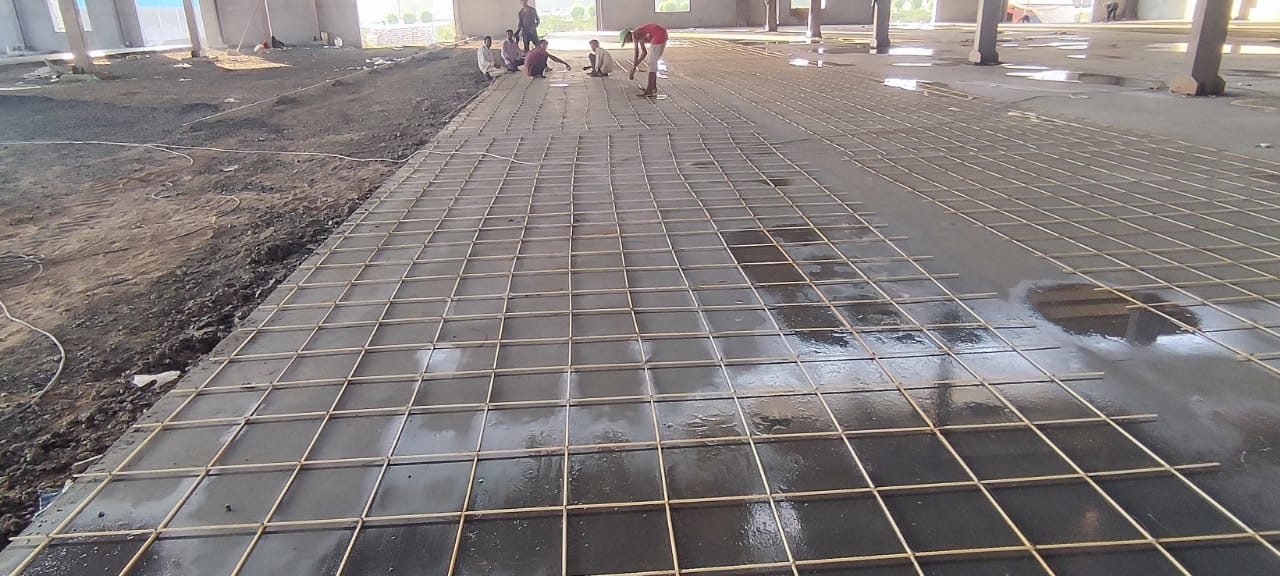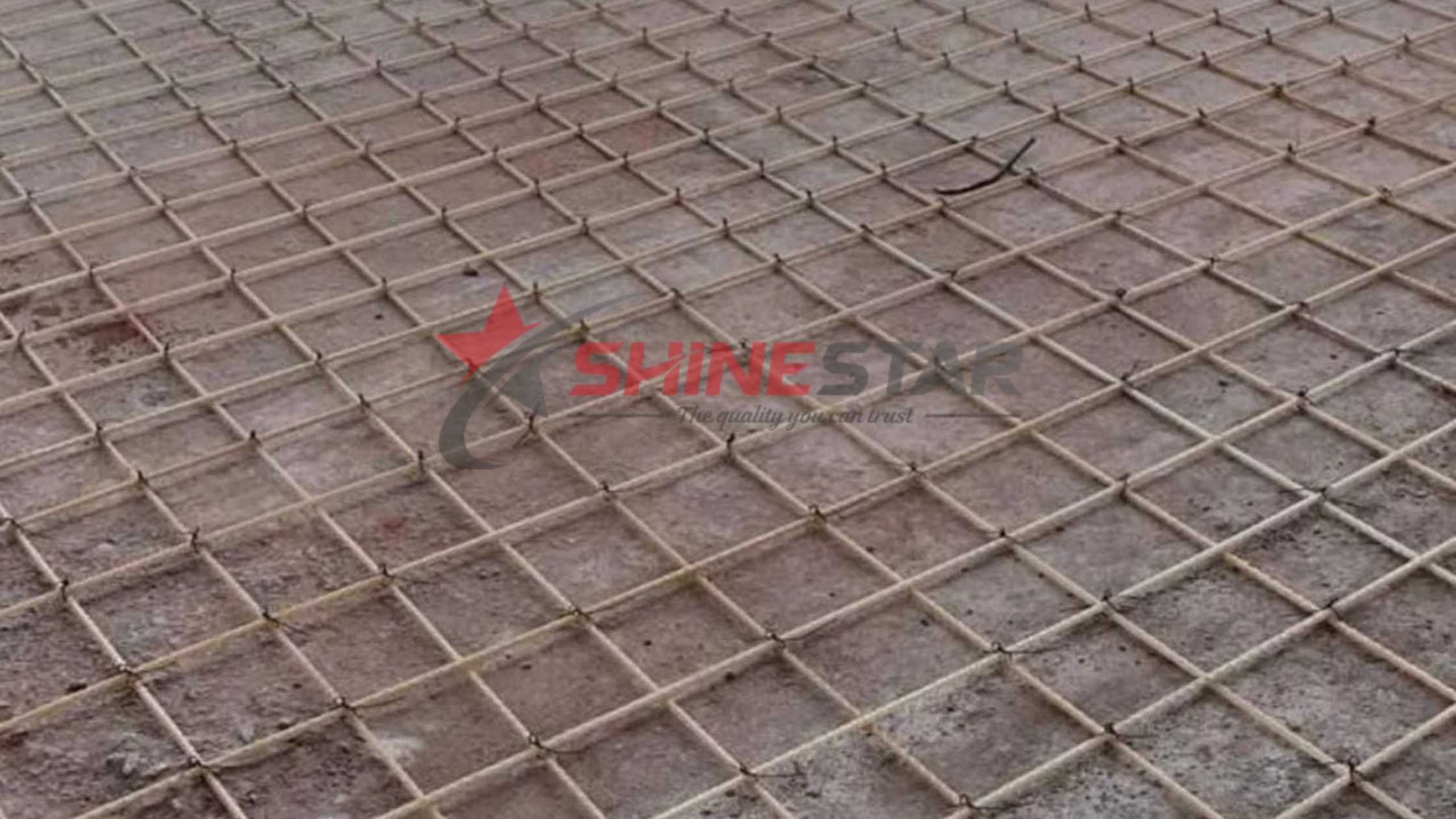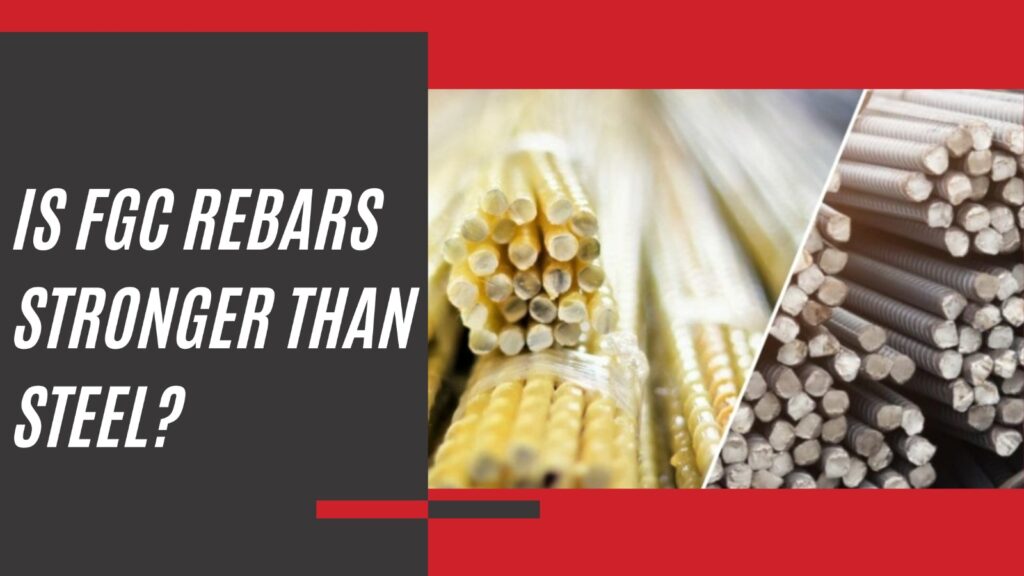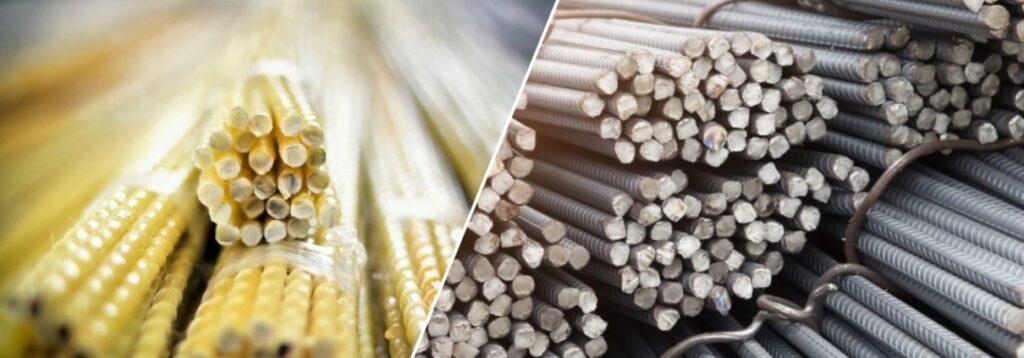In the world of construction and engineering, materials innovation is a constant pursuit, aiming to enhance durability, sustainability, and efficiency. FGC rebars have emerged offering remarkable benefits such as corrosion resistance and longevity. However, one crucial question often arises: Can you bend FGC Rebars at the construction site? The short answer is no, and understanding why requires a deeper look into the material properties and practical considerations of FGC Rebars.
The Nature of FGC Rebars

FGC Rebars are composed of high-strength glass fibers embedded in a polymer resin matrix. This composite material endows FGC Rebars with exceptional strength and resistance to environmental factors like corrosion and chemical exposure. These properties make FGC Rebars highly suitable for various applications, especially in environments where steel rebars would be prone to rust and degradation.
However, unlike steel, FGC Rebars do not possess ductility, which is the ability to undergo significant plastic deformation before breaking. This lack of ductility means that FGC Rebars cannot be bent or reshaped on-site without compromising their structural integrity.
Pre-Fabrication:
Given the inability to bend FGC Rebars on-site, all necessary bends and shapes must be pre-fabricated in the manufacturing plant. This process involves creating the rebars to the exact specifications and dimensions required for the project before they are delivered to the construction site. Pre-fabrication ensures that the structural integrity of the FGC Rebars is maintained and that they perform as expected in the final application.
Design Considerations: The Importance of Pre-Planning
The need for pre-fabrication highlights the importance of meticulous planning in the design phase. Engineers and designers must account for all the necessary shapes, bends, and dimensions of FGC Rebars well in advance. This involves detailed coordination with manufacturers to ensure that the rebars are produced to meet the specific requirements of the project.
Early planning not only helps in meeting structural design needs but also aids in avoiding potential delays during construction. By ensuring that all FGC Rebars are manufactured to the correct specifications beforehand, construction teams can proceed with confidence, knowing that the materials will fit precisely into the intended design.
Transportation and Handling: Maintaining Integrity

Transporting and handling pre-bent FGC Rebars require careful attention to prevent any damage that could compromise their structural properties. Unlike steel, which can often withstand rough handling, FGC Rebars need to be stored and transported in a manner that preserves their pre-fabricated shapes and dimensions.
Proper storage techniques include keeping the rebars in a flat, supported position to avoid any bending or deformation. During transportation, securing the rebars to prevent movement and impact is crucial. By taking these precautions, construction teams can ensure that FGC Rebars arrive at the site in optimal condition.
Installation:

The installation of FGC Rebars demands precision and adherence to the design plans. Since on-site bending is not an option, construction teams must carefully place the rebars according to the predetermined layout. Any necessary adjustments need to be made through accurate placement rather than attempting to reshape the rebars.
This precision not only maintains the integrity of the FGC Rebars but also contributes to the overall structural soundness of the project. Properly installed FGC Rebars offer the long-term benefits of reduced maintenance, enhanced durability, and improved resistance to environmental factors.
The Eco-Friendly Advantage of FGC Rebars:
Beyond the practical aspects of handling and installation, FGC Rebars offer significant environmental benefits. Their corrosion resistance and longevity reduce the need for frequent repairs and replacements, leading to lower consumption of raw materials and less waste generation over time. Additionally, the lightweight nature of FGC Rebars translates into reduced transportation energy costs and emissions.
By incorporating FGC Rebars into construction projects, engineers and builders can contribute to more sustainable and eco-friendly practices. The durability and efficiency of FGC Rebars align with the growing emphasis on reducing the environmental footprint of construction activities.
Conclusion
While the inability to bend FGC Rebars on-site may present a challenge, it is a manageable one with proper planning and coordination. The benefits of FGC Rebars, including their corrosion resistance, durability, and eco-friendliness, far outweigh this limitation. By understanding the practicalities of working with FGC Rebars and embracing the need for pre-fabrication and careful handling, construction teams can harness the full potential of this innovative material.
Incorporating FGC Rebars into construction projects not only enhances the structural integrity and longevity of the built environment but also supports sustainable practices that benefit both the industry and the planet. As technology and materials science continue to evolve, FGC Rebars are likely to play an increasingly important role in shaping the future of construction.


